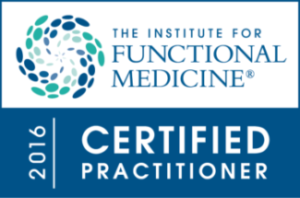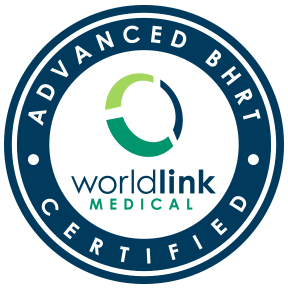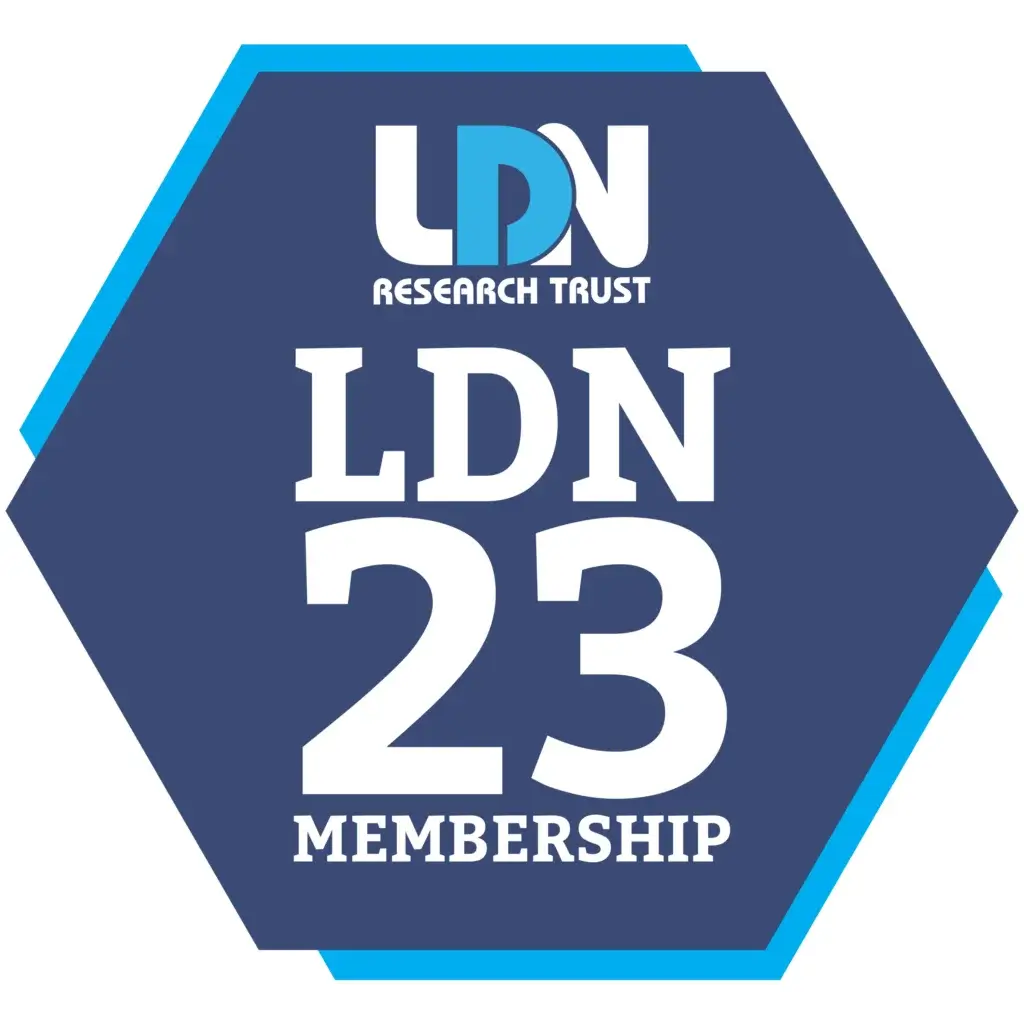Do You Need to Change? You have heard it all before. You know what you need to do to improve your health. You may need to stop smoking, start exercising, lose weight, eat breakfast, or cut the fat and salt and reduce the carbs. We know that promising you an improved outcome by guiding you through the “steps” needed to promote a healthier life, does not guarantee your motivation for long-term change. The behavioral change process is a complex one and it is important for both you and your healthcare provider to understand what stage you are in the process of change, and for your healthcare provider to support you through this process.
![]()
For most people, a change in behavior is gradual with one moving from being either uninterested or unaware or unwilling to make a change (the precontemplation stage), to considering a change (the contemplation stage), to deciding and preparing to make that change. In addition, you may or may not follow the stage of change in order, and you may be like most people who accomplish some of the stages but then relapse into a previous stage. Relapses are inevitable, but become part of the process of working toward a life-long change. For every change of behavior that you want to make, it is necessary to go through the “stages of change” for each of them. Some changes may take longer than others.
![]()
What Stage of Change Are You In?
Precontempation Stage:
If you are in this stage, you are not even considering making a change. If you are a smoker, you may be in denial and think that the advice to quit doesn’t apply to you. If you have a high cholesterol level, you may feel immune to potential health complications. If you are overweight or obese, and have tried unsuccessfully in the past to lose weight, you may have completely given up.
![]()
Contemplation Stage:
If you are in this stage, you are feeling ambivalent about change. You may feel a sense of loss instead of a perceived gain by giving up something you enjoy. When in this stage, you look at the barriers (such as time, fear, expense, hassle), as well as the benefits of change.
![]()
Preparation Stage:
You are preparing to make a specific change if you are in this stage. You might be experimenting with small changes and are determined to continue to make changes. For example: you might be preparing to switch from using whole milk to 2% milk in your long-range goal to use only skim milk. Or you may be thinking about decreasing the amount of soda you are drinking.
![]()
Action Stage:
This is the stage healthcare professionals would like to see you in. However, action itself is not enough if you have skipped over the previous stages, as what occurs often with failed New Year’s Resolutions. However, if you are taking action in some manner, this demonstrates your desire for a lifestyle change.
![]()
Maintenance and Relapse Prevention:
This stage involves incorporating your new behavior into your lifestyle on a permanent basis. When referring to food and activity patterns, that doesn’t mean you can never “slip.” It only means that you have decided that your lifestyle will evolve around healthy behaviors, the majority of the time.
An example: we all make unconscious decisions about how we want to live our life, such as “I will provide aide to abandoned animals,” or “I do not steal.” We don’t wake up everyday saying this to ourselves, but we know how we will act if we are in that situation.
Once in this stage, we have made another decision (which will eventually become an unconscious one), which is to pursue and maintain a healthy lifestyle. Before the change becomes truly established however, it is not uncommon for people to lapse and go through the stages of change several times. Don’t view yourself as a failure, as this is normal. It only becomes failure if you choose not to reenter the process. It could take several months or years for new behaviors to become habits.
![]()
Remember that it takes time to develop new life-long habits, but it will be to your advantage and to the advantage of those who love and care about you, to see it though. Patience and persistence, like with everything in life, will lead to great pay-offs.
The “Power of Just One Step“
can transform you into the healthy person you really want to be!








